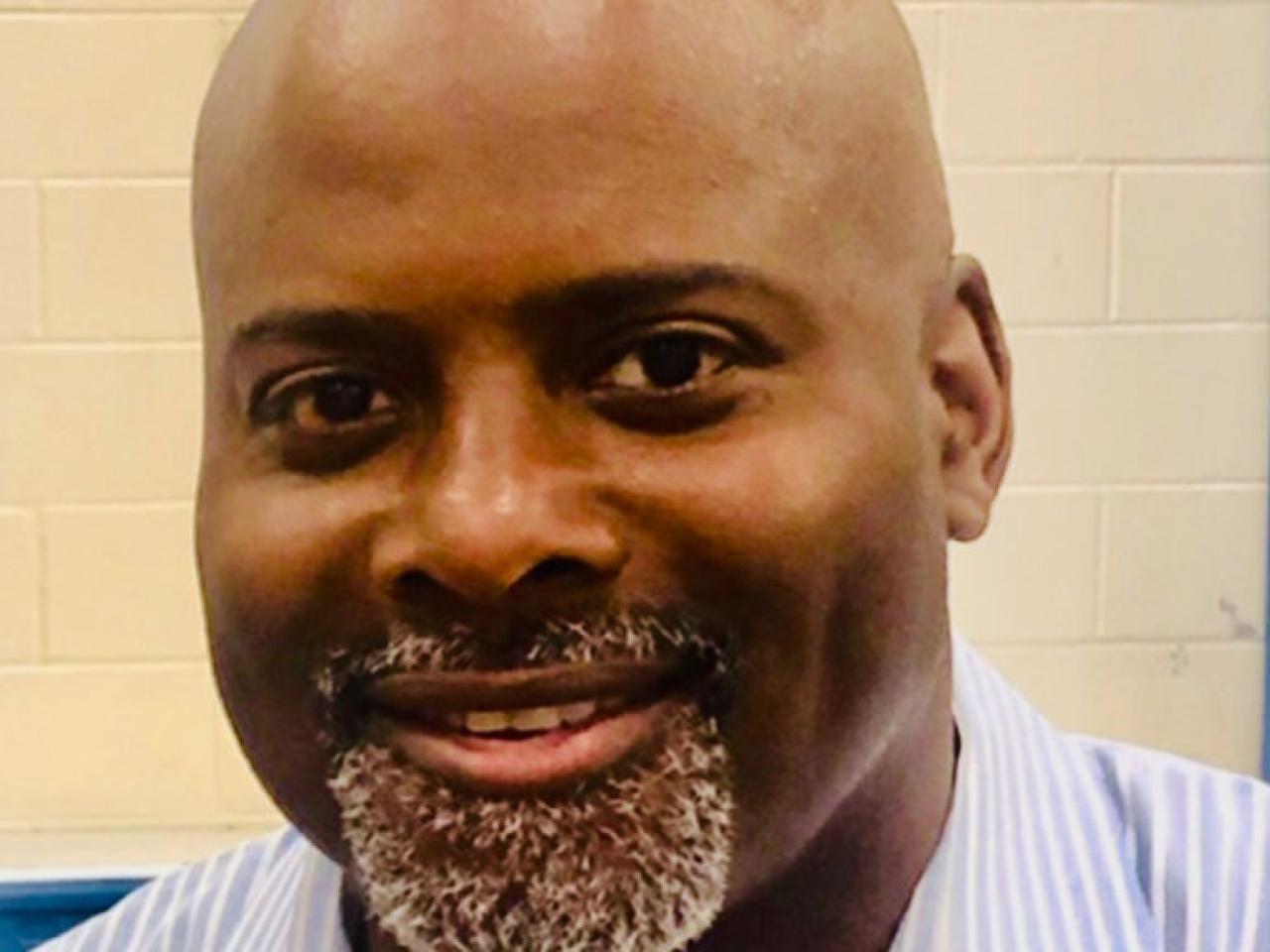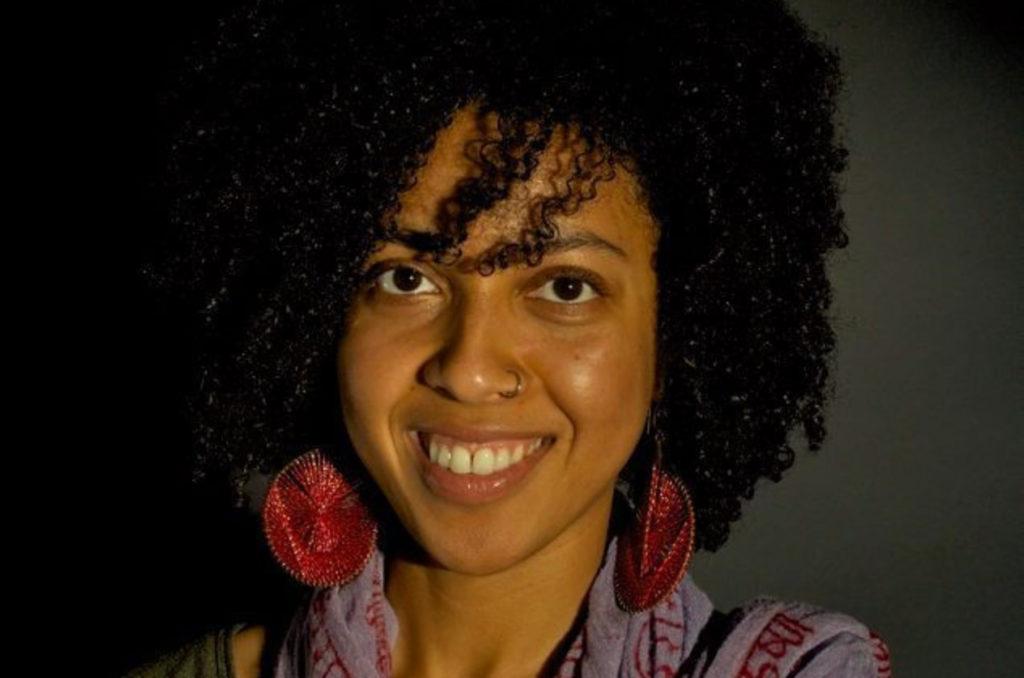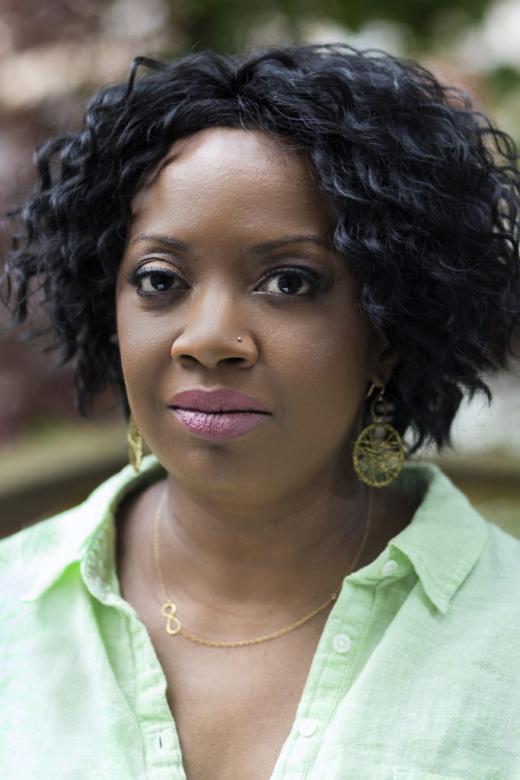Every Month Should be Black History Month

On the Line by Mike Mascoll highlights one of the longest running voluntary school desegregation programs in the country, its’ historical impact on the city of Boston and those personally involved in the program itself.
In the face of a long history of white filmmakers telling Black people’s stories, often in damaging ways, Black perspectives offer the potential to restructure American consciousness.
For example, artists like Ava DuVerney (The 13th, When They See Us, Queen Sugar, A Wrinkle in Time), Barry Jenkins (Moonlight) and Ryan Coogler (Black Panther) have changed the cultural landscape over the past few years, bringing Black struggle, Black futurism, Black imagination, and Black desire into the mainstream through distinctly Black voices.
This February as we celebrate Black History Month, New Day is proud to feature three Black filmmakers whose works have helped to document invaluable chapters in Black history, and in doing so, have helped to reshape the narrative.
Mike Mascoll, On the Line
Mike Mascoll is an up-and-coming director, writer and producer who grew up in Boston. He comes from an eclectic background – he became a male model at age 18, became the CEO of a wireless startup at age 28, and later a business development executive for tech companies. He’s now the Creative Director and CEO of LEV Media Group, specializing in media production and documentary film-making. His latest documentary, On the Line, highlights one of the longest running voluntary school desegregation programs in the country, and its historical impact on the city of Boston and those personally involved in the program. The civil rights movement is often taught as a Southern phenomenon, but the struggle for racial justice occurred all over the country, especially in Northern cities. On the Line reminds viewers that we all have a responsibility to dismantle white supremacy.
In addition to his mother, Mike credits two revolutionary heroes for teaching him how to live with dignity and self-respect. The first is Sidney Poitier, who not only accomplished the impossible feat of becoming an African-American star in Hollywood, but did so without taking on roles that diminished the image of African Americans. The second is Mohammed Ali, whose popularity as a celebrity did not stop him from speaking out against racial discrimination during the fraught times of the Civil Rights Movement.
Mike became motivated to tell his own story after realizing he did not want to have his success or failure be evaluated by others with an outside and arbitrary set of criteria. He hopes to help future generations lift up their own voices, be present in the reflection of their own stories and decide their own futures.
He would love to see Black History Month progress to become Black Awareness month, to reflect “our history and contributions, along with a transformative and hard look at our present state and future roadmap.”

Najma Nuriddin, Not in My Neighborhood
Najma Nuriddin is an award-winning filmmaker and producer who received her MFA from Howard University. Originally from California, Najma has traveled and worked in Africa, Europe and Southeast Asia as a freelance filmmaker. Najma created Nsoroma Films in 2010, which is dedicated to telling organic stories that are unique to the human experience from a cultural perspective, striving to be a catalyst for creative revolution. Previously an Emerging Voices Mentee with the New Orleans Films Society, Najma now spends her time in New Orleans as an adjunct film lecturer and is hard at work on her next project. Najma’s film collaboration with Kurt Otabenga Orderson, Not in My Neighbourhood, tells intergenerational stories of spatial violence in three different cities: Cape Town, New York, and São Paulo. The film illuminates the tools and approaches used by urban activists to shape and navigate their cities, which have been affected by colonization, architectural apartheid, and gentrification.
Najma first began to seriously entertain the idea of filmmaking during her last year of undergrad at San Francisco State University when she took an intro to documentary filmmaking course. While studying film at Howard University, she met her professor and mentor, Haile Gerima, who had a significant impact and influence on her as a filmmaker. Through that experience, she learned the power of the personal story that celebrates culture, history, and legacy, as well as the importance of controlling your narrative and being comfortable in yourself and your ideas. Haile continuously inspires Najma as a filmmaker who does not compromise and uses his art form as a storyteller as a weapon. Najma is also very much inspired by Julie Dash, Kathleen Collins, Maya Deren and Ava DuVernay, and hopes to leave behind many powerful and beautiful works of art that speak to the vast diversity of the Black experience, and take an in-depth look into relationships, culture, and history.
“I think Black History Month is a great moment for everyone to learn more about Black History and how it’s a part of World History, and US history in general,” Najma said. “We have much to learn and much to celebrate. There is also much work to be done by everyone to reach equity, justice, and acknowledge our country’s complicated and brutal origins.”
As a Black filmmaker, Najma looks forward to the day when she will be asked to talk more about her craft, instead of only being asked about the subject or topic of her films as they relate to race.

Faith Pennick, Silent Choices
Faith Pennick has written, directed, produced and edited a number of films including two narrative shorts, Running on Eggshells (2007) and Harlem Sistas Double Dutch (2005), and the documentary Weightless (2012), about plus-size female scuba divers. Her first feature-length documentary, Silent Choices, formerly distributed by New Day Films, is about abortion and its impact on the lives of African American women. A “hybrid” documentary, Silent Choices is part historical piece, part social and religious analysis and part first-person narrative. From African Americans’ cautious involvement with Margaret Sanger during the early birth control movement to Black nationalists and civil rights activists who staunchly opposed abortion (or stayed silent on the issue), Silent Choices examines the juxtaposition of racial and reproductive politics.
Faith was first inspired to be a filmmaker by seeing Hoop Dreams in 1995. She studied film production and business at NYU, originally wanting to be a producer, but went into directing because she didn’t want to wait for someone else to make the films she wanted to see.
Growing up, she knew that figures like Dr. Martin Luther King, Jr., Paul Robeson, Shirley Chisholm and Sojourner Truth were the collective reason she could pursue her dreams and be true to herself as a Black woman. But it was seeing Roots, Eyes on the Prize, and Marlon Riggs’ Tongues Untied that expanded her horizons on the power of media to tell stories about African Americans. She also credits her mother, who deserves all the respect in the world for making sacrifices so she could be the person she’s become.
When asked about her current influences, Faith says “I LOVE Steve McQueen! He’s an amazing filmmaker and visual artist who embraces difficult subjects, and doesn’t limit himself to telling stories that fit a narrow perspective of ‘Black life.’” Faith hopes that her legacy will inspire artists to move beyond their comfort zones. She also hopes that her film Silent Choices proves that reproductive rights is 100% a Black woman’s issue.
About Black History month, Faith sums it up: “African Americans (unwillingly) built this country. EVERY month should be Black History Month.”
Other Black filmmakers in the New Day Films collective include Rodney Evans (Vision Portraits), Anike Tourse (America; I Too), Michael Premo (Water Warriors) and Kurt Otabenga Orderson (Not in My Neighbourhood), and Patty Berne (Sins Invalid). Their films cover themes of art, disability, racial justice, segregation, colonization, immigration, and resistance. Visit NewDay.com to learn more about their work and that of other filmmakers seeking to disrupt the dominant narrative.